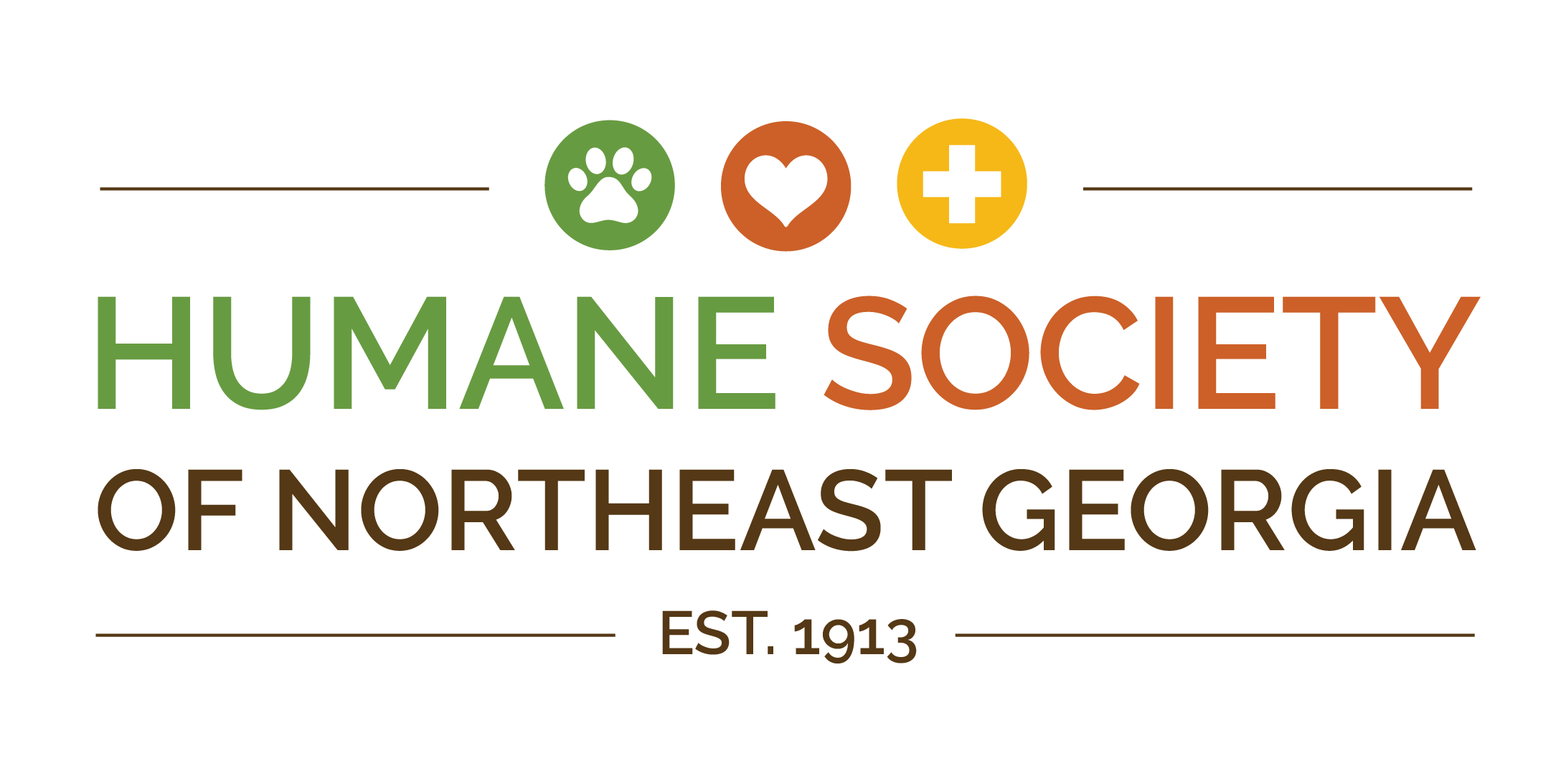Foster FAQs
Have questions about what it means to foster with HSNEGA? Check out some of our Frequently Asked Questions below.
We are so excited that you are considering fostering with us!
As a foster family, you will provide a temporary home to animals with special medical or behavioral needs, to puppies or kittens under 8 weeks of age, to a nursing mother and her litter or just an animal who needs a break from the shelter. Some animals need just a few weeks of foster care, while others may need longer-term foster placement. Fostering is flexible enough for most lifestyles, and we allow you to choose which animals you are interested in fostering. By offering your time, love, and home to an animal in need, you are truly changing their life and their chance at adoption.
- Your first step in becoming an HSNEGA foster family is signing up for one of our virtual volunteer and foster orientations. These orientations are held virtually once per month and you can let us know you are interested HERE (coming soon!).
- Fill out the Foster Application found HERE.
- Set up a Home Inspection, required by Georgia State Law, with our Foster Coordinator. You can schedule that HERE.
- Schedule a meet and greet with your potential foster
- Pick up your foster animal at HSNEGA!!
Foster volunteers definitely need the ability to say goodbye. It can be tough, but making a difference isn’t always easy.
Helping a rescue in need is very rewarding and makes the “goodbyes” a little easier. Foster families provide a temporary home to rescues in need and a great foster family can help save so many lives. This is done by socializing and rehabilitating pets that might need extra time and care to be ready for adoption. When you say goodbye to your foster, you are opening up your home to another rescue in need.
Yes but our volunteer Foster program is not a “foster to adopt” program. The animals in need of foster care are often medically fragile, nursing, pregnant, or in need of a behavioral respite. We do not send healthy, adoptable animals into long term foster care.
We discourage new foster families from joining the program simply to try out different animals in their homes before adoption. Many people who foster simply to look for a pet of their own often do not stay fosters after they adopt and we must ensure staff time and training resources are dedicated to those who truly wish to be a foster and help our rescues.
Great! Thank you for helping find homes for your foster animals! Please keep in mind however, the animal(s) you are fostering will not be available until their medical work, including spay or neuter surgery, is completed and they return to our facility for Adoption. Please refer interested adopters to our Adoption Care team by having them call 770-532-6617 to start the adoption conversation.
No. All necessary supplies and medical care are provided by HSNEGA. We will send your foster home with the food they are currently eating. HSNEGA is proud to provide all the necessary supplies and support you will need to care for your foster animal(s) including little things like bowls, bedding, toys, and crates as well as things which could be of bigger expense like food, litter, medication, and all veterinary services.
The length of foster assignments varies based upon the needs of the animals. You will receive an approximate duration before you commit to any particular animal. Some of our rescues may only need a week in a foster home, others may need up to 2 months.
It is possible. We do not always know the full history of our rescues. Even a house trained rescue may need a refresher in housetraining. Foster animals, like any other companion animal in your home, may have accidents or destroy carpeting, drapes, clothing and other valuable items. Preparing your home and the area the foster animal(s) will stay in can prevent most accidents, but not all of them. HSNEGA is not responsible for damages done to your home or property by HSNEGA foster animals.
Yes. Foster animals are required to be isolated from your own companion animals for at least two weeks. Some foster animals will need to be kept separate for the duration of their foster. A separate room or enclosed area with no carpet will often work best (like a well-ventilated bathroom or laundry room with heating and air).
No, if your owned animal becomes sick or injured due to interactions with an HSNEGA foster animal, you will be responsible for all medical care required.
HSNEGA is a private, non-profit animal welfare agency and, as such, we are legally prohibited per Georgia state law from taking strays/found animals directly into our facility. Additionally, animals that are moved into a foster home situation are already under the care of HSNEGA. Click HERE for more information on what to do if you have found an animal.
Teenagers looking to fulfill community service hours for school are eligible to receive credit for hours spent helping with foster animals in their home. However, due to insurance issues and safety concerns, only individuals who are at least 18 years old can sign up as a foster. If you are under 18 and need to complete community service hours for school, please click HERE for other options to complete your community service requirements.


